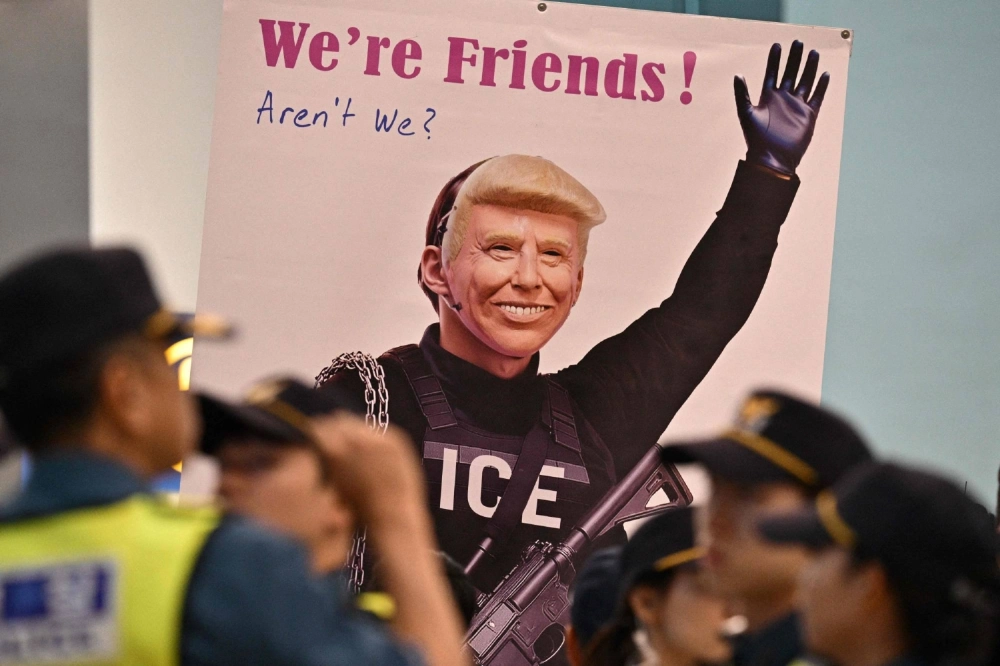The immigration raid at a South Korean-owned electric battery plant in Georgia last month shocked the world with its overreach. At a time when the Trump administration is trying to re-industrialize America, why humiliate hundreds of business travelers? As the injured party, Seoul ought to capitalize on the widespread public outcry to strike the best trade deal it can with Washington.
In the aftermath of the Sept. 4 crackdown on the jointly owned Hyundai Motor and LG Energy Solution factory outside Savannah — the biggest-ever Homeland Security enforcement action at a single location — U.S. officials sought to justify the operation by saying the 300 South Koreans arrested were working illegally. But that logic now appears to be on shaky ground.
U.S. Deputy Secretary of State Christopher Landau expressed "deep regret” about the case during a visit to Seoul following the return of the detainees. And last week, an inaugural meeting in Washington between the two sides to thrash out a solution on working visas ended up affirming that South Koreans on short-term permits had every right to be doing the kind of work they were brought in to do. The U.S. agreed that visitors bearing the B-1 visa or arriving with an ESTA visa waiver are permitted to install, service and repair imported equipment related to investment projects.

















With your current subscription plan you can comment on stories. However, before writing your first comment, please create a display name in the Profile section of your subscriber account page.